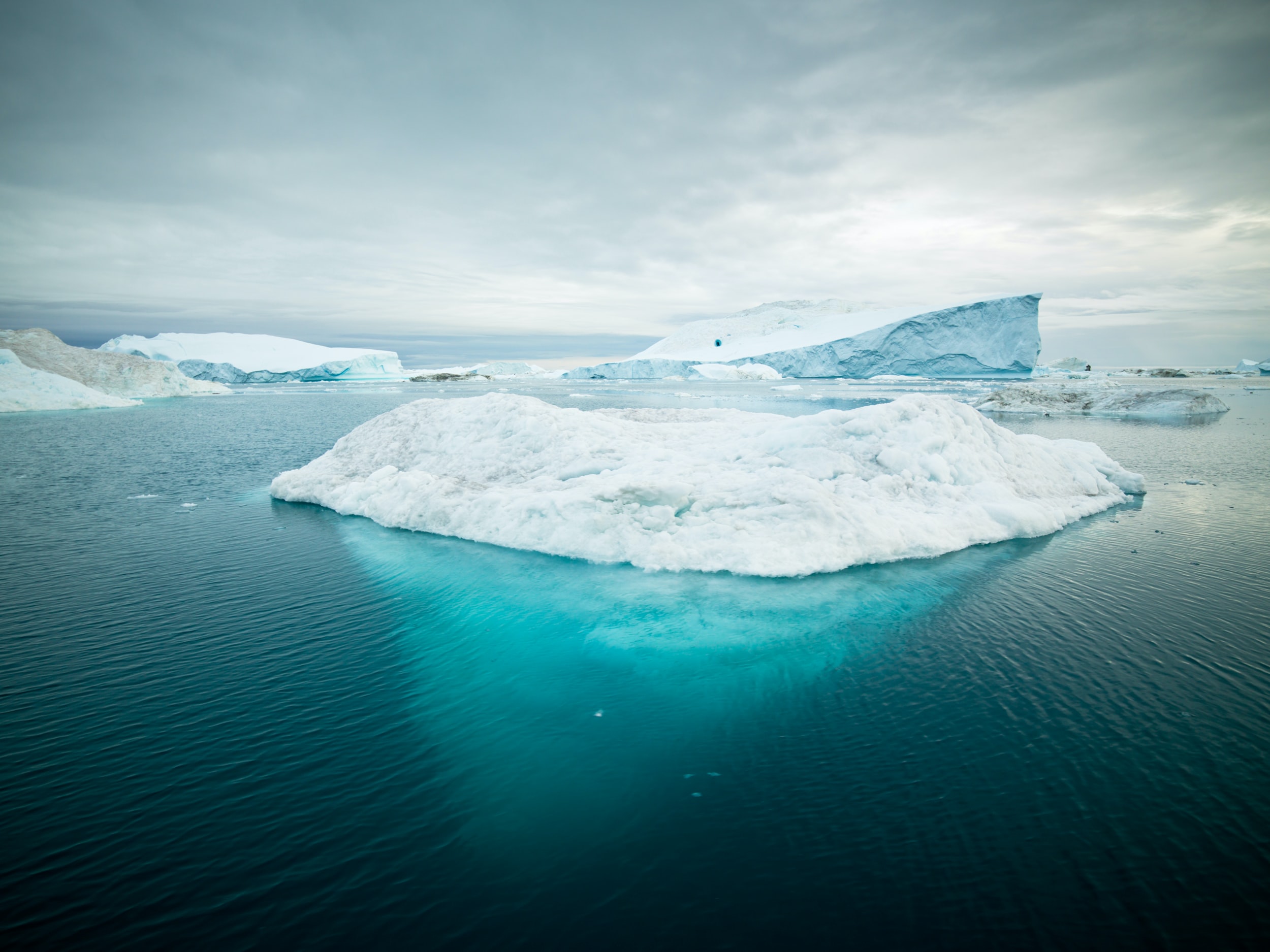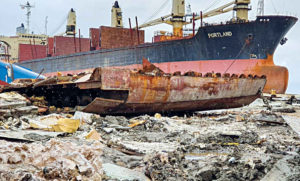Last month, this Leader asked a pertinent question: Is the world serious about global warming? It does not believe so, because after much deliberation about what needs to be done, pretty much everything has remained the same.
Climate scientists have warned that efforts to limit global warming must be done now if we want to avoid a future of extreme droughts, wildfires, floods, tropical storms and other disasters.
We are already experiencing some of the disasters, the current Covid-19 pandemic, notwithstanding. Look around us.
BBC reports that at least 120 people have died and hundreds more in western Europe are unaccounted for after some of the worst flooding in decades.
Record rainfall caused rivers to burst their banks, devastating the region. The death toll in Germany and Belgium continues to climb. The Netherlands, Luxembourg and Switzerland are not spared.
Elsewhere in Turkey, more than 200 wildfires burnt 1,600 square kilometres of its forest in its Mediterranean region between last month and this month. The country’s leaders say it is the worst ever wildfire season in Turkey’s history. If all these are not indicators of climate change, what are they?
On Monday, the Intergovernmental Panel on Climate Change (IPCC) released the first part of its Sixth Assessment Report, Climate Change 2021: The Physical Science Basis. The outlook is grim. The report warned the world was on course to reach 1.5°C of warming around 2030.
It said “the climate crisis is not only here, it is growing increasingly severe”. World leaders, green groups and influencers, according to news wires, reacted to the report “with a mix of horror and hopefulness”. The 3,500-page report is the first major review of the science of climate change since 2013.
Its release comes less than three months before the key climate summit, COP26, in Glasgow. The world needs to “cool down”. Governments need to mobilise experts in all fields to respond and give ideas about tackling climate change, and it must be done now. What has been done? Have current efforts met their objective? Admittedly, not enough, given the IPCC report.
Malaysia, too, needs to do more. Reportedly, Prime Minister Tan Sri Muhyiddin Yassin, when chairing the first meeting of the Malaysian Climate Change Action Council in April, said Malaysia would participate in carbon trading systems, but not allow them to affect the country’s own greenhouse gas emissions commitment.
Another development is the green recovery plan in which Malaysia becomes a green economy, services and technology leader, while fostering healthy green lifestyles in all walks of life.
Enough said. If there is one thing that Covid-19 has taught us, it’s that it requires global solutions. The Covid-19 crisis will not be resolved until all countries bring the pandemic under control through widespread vaccination, just as the climate crisis will not be solved until all countries swing into action.
UN secretary-general António Guterres said: “If we combine forces now, we can avert climate catastrophe.” The world was not prepared when the Covid-19 pandemic struck and how, in less than two years, it engulfed us and altered the pace, fabric and nature of our lives. The global death toll is devastating. We cannot afford another pandemic — climate change — which will change the world forever. We have been warned.
This editorial published by the New Straits Times, has been shared as part of World News Day 2021, a global campaign to highlight the critical role of fact-based journalism in providing trustworthy news and information in service of humanity. #JournalismMatters.




